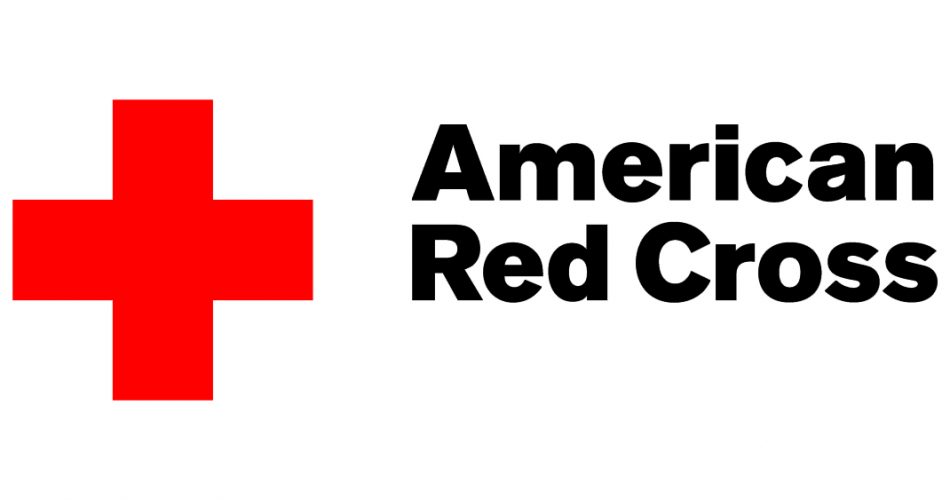A cancer diagnosis is life-changing news. Between treatment and the effects of the disease, every aspect of a patient’s life will be affected That’s why support networks are crucial for cancer patients and survivors. The work of willing friends and family members makes life much easier for anyone battling cancer, giving them a helpful respite from a potentially deadly disease.
But there are more ways to lend your support. Beyond supporting someone with cancer directly, there’s something almost anyone can do to help someone battling cancer, and it might just save their life: donate blood.
Why blood donations are important
Cancer treatment can be very hard on both a patient’s blood cells, platelets and their blood cell-generating tissue. Blood loss is virtually inevitable during surgery and both chemotherapy and radiation can damage bone marrow, which manufactures red blood cells.
The loss of both red blood cells and platelets is compounded by the relatively short shelf life for replacement blood. A donated pint of blood has a shelf life of only about six weeks, while platelets last just three days.
Between ongoing treatment for cancer patients around the country and the narrow window in which blood and platelets can remain viable for transfusions, there is a constant need for new donors.
How you can donate blood
Fortunately, almost anyone can donate blood. Donors need only to be age 17 or older, generally healthy and weigh more than 110 pounds. People who are pregnant or trying to become pregnant should avoid donating blood. But other than that, virtually anyone can donate blood.
Donors can contribute one pint of blood every eight weeks at blood drives scheduled regularly throughout the country. The American Red Cross even offers easy tools for finding a drive near you. Consider donating blood today to lend key support to those battling cancer in your area.

